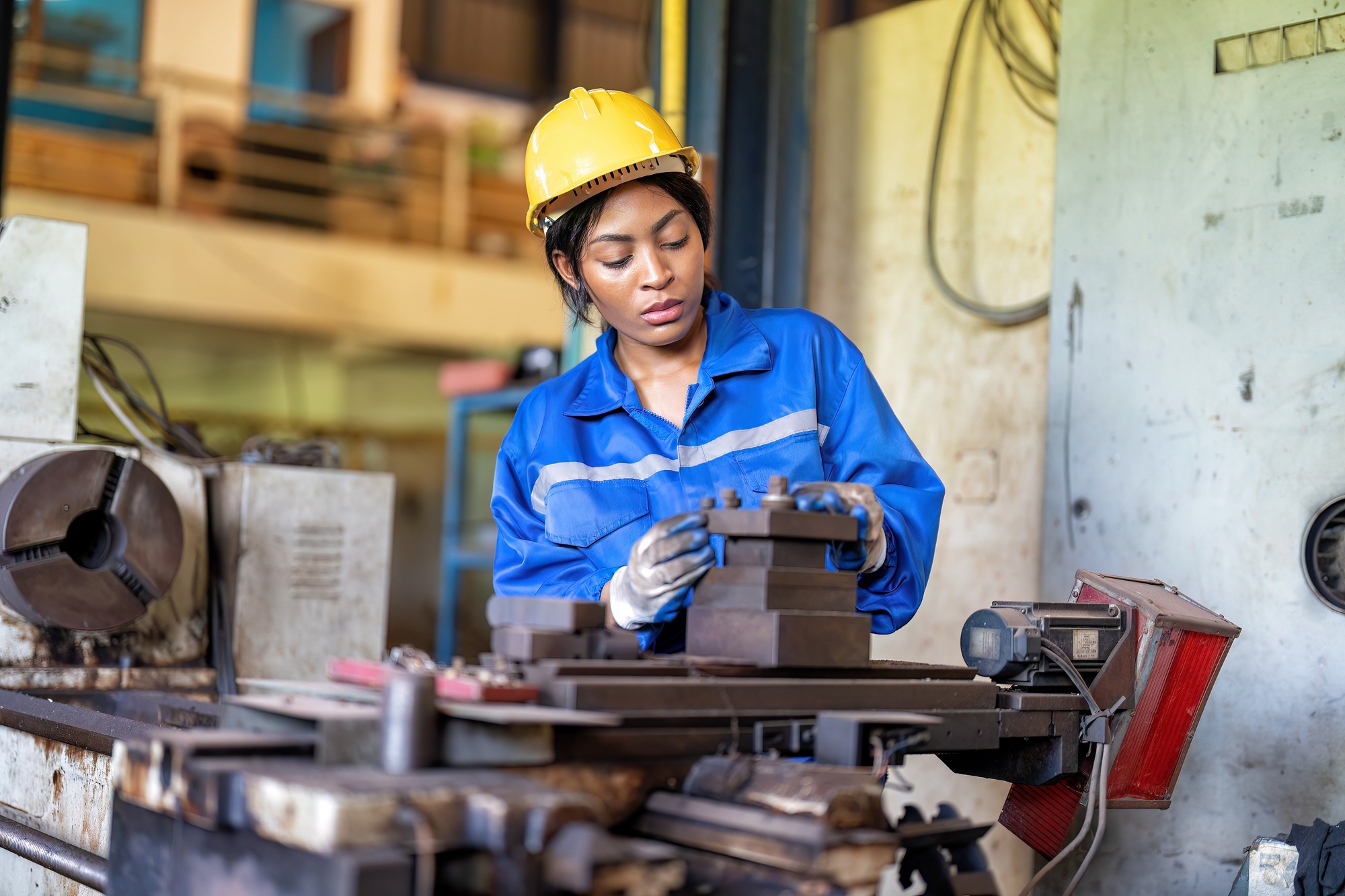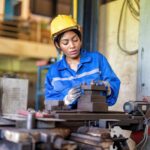The Real Economic Impact of Battery Recycling Jobs
battery recycling jobs USA are becoming a powerful engine for American industry, offering high-paying careers and long-term economic development far beyond the coasts. At American Li-ion, we’re creating more than just opportunity—we’re building a foundation for U.S. leadership in energy manufacturing.
With the launch of our facility in Atoka, Oklahoma—and the upcoming expansion in McAlester—American Li-ion is creating 250–300 domestic jobs. From engineers and chemists to skilled laborers and executives, these aren’t gig economy roles—they’re full-time, benefits-backed careers with room to grow.
What Types of Jobs Are Being Created?
Our facilities support a wide spectrum of American workers. Some of the roles we’re hiring for include:
- Process Engineers
- Material Scientists and Chemists
- Equipment Operators and Line Technicians
- Safety and Environmental Compliance Officers
- Administrative and Executive Staff
These jobs aren’t theoretical—they’re already being filled. And we’re just getting started.
How Much Do These Jobs Pay?
Many battery recycling roles offer salaries well above regional averages. At American Li-ion, our average salary is $95,000. That’s nearly double the average household income in much of southeastern Oklahoma.
Our goal is not just to employ workers—but to build a career pipeline that retains talent, grows leadership, and supports American families for the long haul.
Why Battery Recycling Is a Strategic Industry
Battery recycling isn’t just good for the environment—it’s good for the economy. According to the Department of Energy, building out the domestic battery supply chain is one of the most strategic manufacturing goals in the next decade.
By investing in regional infrastructure, companies like American Li-ion bring jobs and high-tech innovation to the communities that need it most. These roles support national security, clean energy independence, and industrial reshoring all at once.
Driving Local Economic Development
The presence of battery recycling jobs USA in rural regions like Atoka creates a ripple effect throughout the local economy. New housing, improved services, and stronger small businesses all benefit from increased income and employment in the community.
Every technician hired or engineer trained contributes not only to American Li-ion’s growth—but to the revitalization of regions that have long been overlooked by traditional tech investment.
Growing Demand for Battery Recycling Jobs USA
The demand for skilled workers in battery recycling is growing rapidly. The U.S. Bureau of Labor Statistics projects significant growth in energy-related occupations, and battery recycling jobs USA are at the intersection of clean tech and national manufacturing policy.
American Li-ion is developing partnerships with local institutions to train and upskill workers, ensuring that we can meet workforce needs as we expand operations nationwide.
Made in America, For America
We don’t outsource jobs—we build them here. All of our battery-grade pCAM is produced in the U.S., by U.S. workers, using battery waste sourced and recycled domestically. That means every job we create reinforces a closed-loop economy made in America.
From raw material recovery to advanced chemical engineering, American Li-ion is laying the foundation for a new kind of manufacturing boom—one that starts in towns like Atoka and McAlester and powers innovation across the country.
Conclusion: Jobs That Power the Future
battery recycling jobs USA aren’t just a statistic—they’re a strategy. They create economic stability, spark innovation, and support American self-sufficiency in a critical industry.
If you’re a policymaker, community leader, or jobseeker ready to join the future of energy manufacturing, contact American Li-ion and learn how we’re building more than a workforce—we’re building a national advantage.



